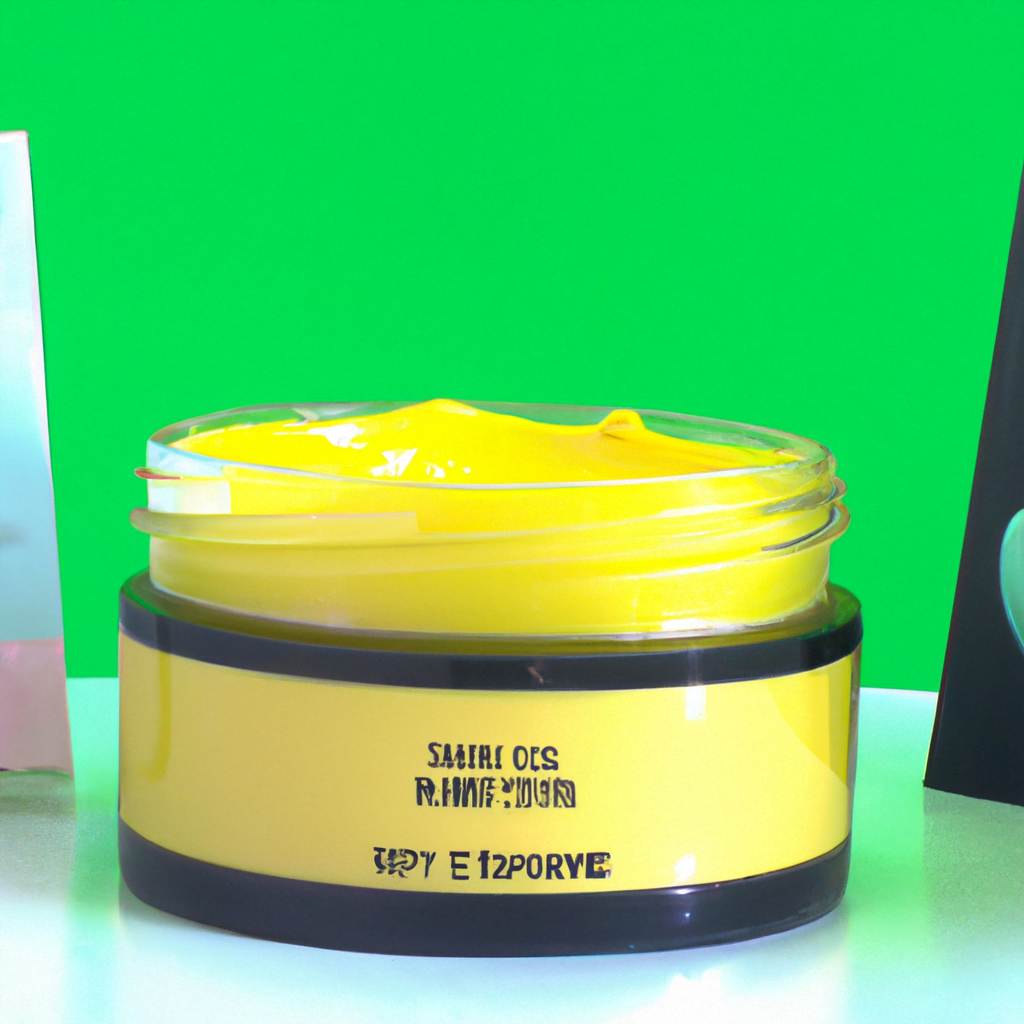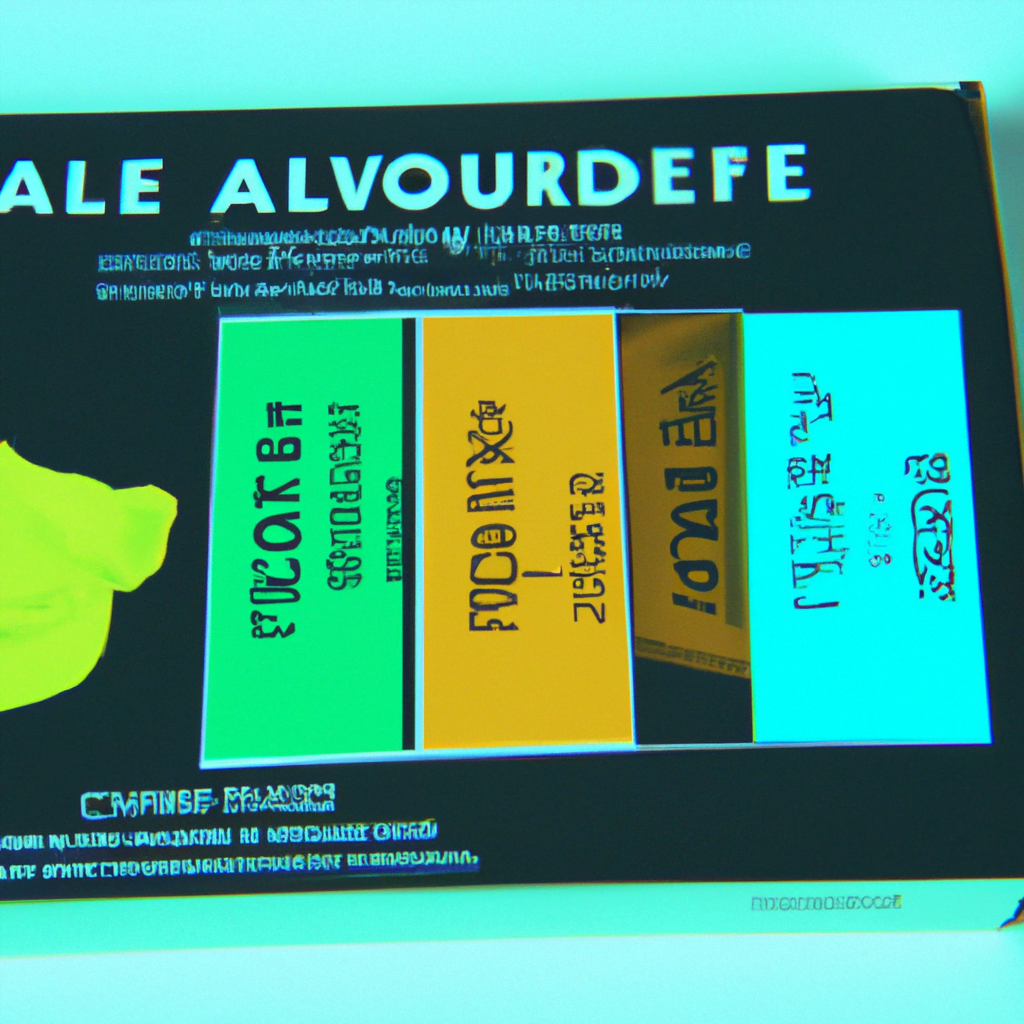
Packaging for Sustainable Personal Care Brands

Introduction
The personal care industry has been growing rapidly over the years, with consumers becoming more conscious about the products they use. As a result, sustainable personal care brands have emerged, offering products that are eco-friendly, cruelty-free, and made from natural ingredients. However, packaging remains a significant challenge for these brands. Packaging is essential for protecting the product, but it also contributes to environmental pollution. In this article, we will explore the challenges of packaging for sustainable personal care brands and the solutions available.
The Challenges of Packaging for Sustainable Personal Care Brands
Environmental Impact
Packaging is a significant contributor to environmental pollution. According to the Environmental Protection Agency (EPA), packaging accounts for 45% of all plastic usage in the United States. Most of this packaging ends up in landfills, where it takes hundreds of years to decompose. Additionally, packaging contributes to greenhouse gas emissions during production and transportation.
Cost
Sustainable packaging is often more expensive than traditional packaging. This is because sustainable materials are not as widely available, and the production process is more complex. As a result, sustainable personal care brands may struggle to find affordable packaging options that align with their values.
Consumer Perception
Packaging is an essential part of a product’s branding and can influence consumer perception. Sustainable personal care brands need to ensure that their packaging aligns with their values and appeals to their target audience. However, sustainable packaging may not always be visually appealing or practical, which can be a challenge for brands.
Solutions for Sustainable Packaging
Reduce Packaging
One solution for sustainable personal care brands is to reduce the amount of packaging used. This can be achieved by using smaller containers or eliminating unnecessary packaging. For example, some brands have started using refillable containers, which reduce waste and save money in the long run.
Biodegradable Materials
Another solution is to use biodegradable materials for packaging. Biodegradable materials break down naturally in the environment, reducing the amount of waste that ends up in landfills. Some examples of biodegradable materials include cornstarch, bamboo, and paper.
Recyclable Materials
Recyclable materials are another option for sustainable packaging. These materials can be reused or repurposed, reducing the amount of waste that ends up in landfills. Some examples of recyclable materials include glass, aluminum, and certain types of plastic.
Compostable Materials
Compostable materials are similar to biodegradable materials but break down more quickly and can be used as fertilizer. These materials are ideal for brands that want to promote a circular economy and reduce waste. Some examples of compostable materials include plant-based plastics and certain types of paper.
Case Studies
Lush
Lush is a sustainable personal care brand that has been using innovative packaging solutions for years. The brand uses biodegradable materials such as cornstarch and recycled paper for its packaging. Additionally, Lush offers a recycling program where customers can return their empty containers to the store for recycling or reuse.
Seed Phytonutrients
Seed Phytonutrients is a sustainable personal care brand that uses compostable packaging made from recycled paper. The brand’s packaging is designed to be planted in the ground, where it will break down and nourish the soil. Additionally, Seed Phytonutrients uses refillable containers to reduce waste.
Conclusion
Packaging is a significant challenge for sustainable personal care brands, but there are solutions available. Brands can reduce packaging, use biodegradable or compostable materials, or use recyclable materials. Additionally, brands can take inspiration from case studies such as Lush and Seed Phytonutrients, which have successfully implemented sustainable packaging solutions. By prioritizing sustainable packaging, personal care brands can reduce their environmental impact and appeal to consumers who value eco-friendly products.
